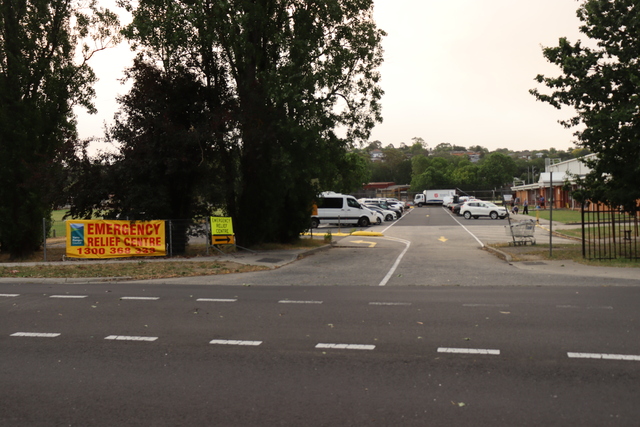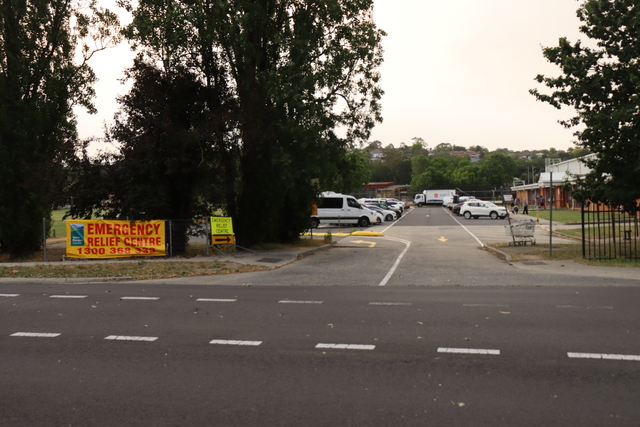A former Ferntree Gully enrolled nurse, Jordanna Bronstring, was reprimanded and disqualified from reapplying for her nursing registration for 12 months after being found guilty of serious professional misconduct.
This misconduct included stealing prescription pads and forging prescriptions to obtain controlled substances, such as painkillers.
The ruling was issued by the Victorian Civil and Administrative Tribunal (VCAT) on 22 October.
The tribunal had carefully reviewed the allegations against Ms Bronstring, who had been referred by the Nursing and Midwifery Board of Australia (NMBA).
The tribunal heard that, between around 3 January and 16 January 2020, Ms Bronstring unlawfully obtained a doctor’s prescription pad.
She used it to create fake prescriptions, which she then tried to fill at several pharmacies in order to get controlled drugs for her personal use.
The NMBA had referred three serious charges to VCAT: theft of prescription pads, falsifying prescriptions, and attempting to induce pharmacists to fill the forged prescriptions – these actions were considered to be a severe violation of the trust placed in healthcare professionals and a breach of ethical and legal standards.
At the time of the hearing, Ms Bronstring was no longer practising as a nurse.
She had voluntarily agreed to non-practice conditions in June 2022 due to ongoing health and addiction issues.
Despite this, the tribunal decided that a disqualification period was still necessary to protect public safety and maintain the integrity of the nursing profession.
The tribunal members said the decision was not only a form of punishment but a way to protect the public from potential harm, noting the serious nature of the misconduct and how it undermined trust in healthcare workers.
During the hearing, which was held by videoconference, both Ms Bronstring and the NMBA agreed on the facts of the case.
Ms Bronstring admitted to the misconduct and her legal team did not oppose the proposed sanctions – these included a formal reprimand and a 12-month disqualification from reapplying for her nursing registration.
The tribunal determined that Ms Bronstring’s actions represented a significant breach of the National Law, which governs the conduct of health practitioners in Victoria.
The board members noted that her behaviour had fallen far below the standards expected of a registered nurse and had damaged the trust placed in her by the public and her colleagues.
Initially, the tribunal considered a disqualification period of 18 months, which had been suggested by both the NMBA and Ms Bronstring’s legal team.
However, after taking into account the time she had already been away from the profession, as well as her cooperation during the proceedings, the tribunal decided to reduce the disqualification to 12 months.
This period was deemed sufficient to protect public safety and give Ms Bronstring time to focus on her rehabilitation.
The tribunal also considered her previous health and addiction problems.
Before the prescription theft and forgery allegations, she had been placed under conditions on her nursing registration due to these ongoing issues.
These conditions included mandatory drug screenings and regular health assessments and while she initially complied with these conditions, she later failed to maintain compliance, missing drug tests and failing to nominate a new treating psychiatrist after her previous doctor retired – this raised concerns about her fitness to practise safely.
In addition to the disciplinary proceedings before VCAT, Ms Bronstring had faced criminal charges in 2020 related to prescription theft and forgery.
However, these charges were dropped after she agreed to meet certain conditions, such as attending psychiatric treatment and maintaining good behaviour for six months – after successfully meeting these conditions, the charges were discharged in 2021.
Despite the resolution of the criminal case, the tribunal said Ms Bronstring’s actions still represented a serious breach of professional conduct and they agreed that disciplinary action under the National Law was necessary.
The NMBA had originally suggested an 18-month disqualification period, pointing to previous cases involving similar offences, where healthcare professionals who misused prescription pads were disqualified for periods ranging from six months to three years, depending on the severity of the case.
The Board argued that a longer disqualification was necessary for public protection, particularly due to the serious nature of the misconduct and the potential risks to patient safety.
Despite the NMBA’s recommendation, the tribunal felt that a 12-month disqualification was the most appropriate response.
They said, although Ms Bronstring’s misconduct was serious, the fact that she had already been away from practice for a considerable time, combined with her willingness to cooperate during the proceedings, warranted a more balanced approach.
The tribunal also said the disqualification period would allow her time to focus on her health and rehabilitation before considering any future return to the profession.
In its final decision, the tribunal emphasised that the primary aim of the sanction was to protect the public, uphold the integrity of the nursing profession, and deter others from engaging in similar misconduct.
The tribunal also acknowledged that while the case had been delayed, the 12-month disqualification was fair and appropriate given the circumstances.
This period would give Ms Bronstring time to work on her rehabilitation and send a clear message that serious breaches of professional conduct would result in significant sanctions, even for former practitioners.
















